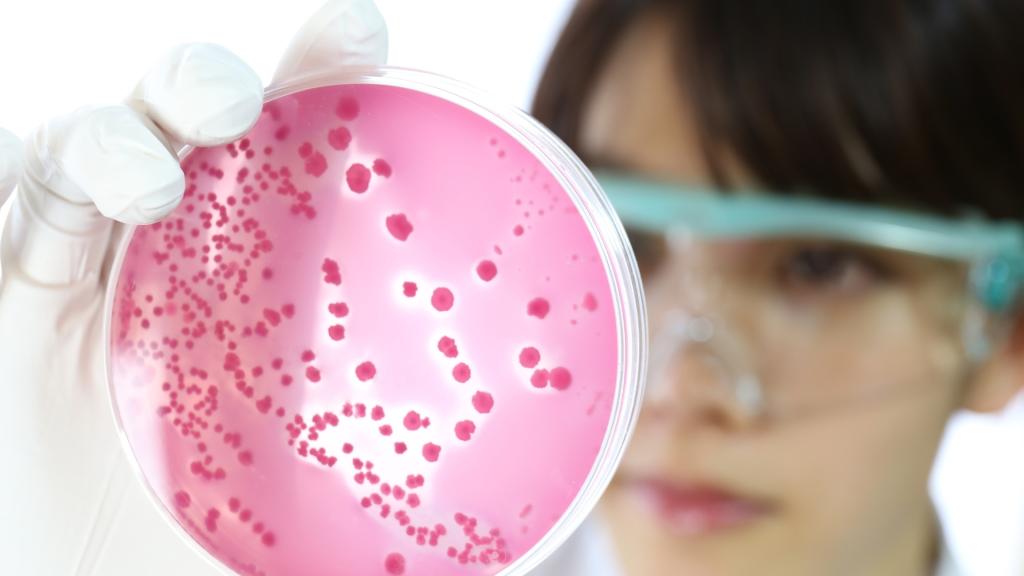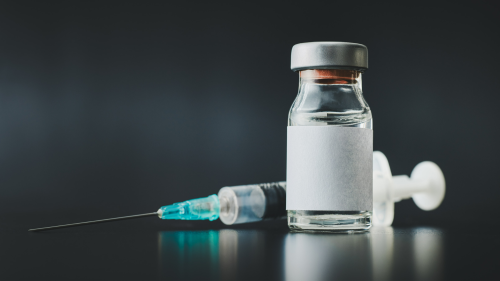
-
Understanding primary immunodeficiency (PI)

Understanding PI
The more you understand about primary immunodeficiency (PI), the better you can live with the disease or support others in your life with PI. Learn more about PI, including the various diagnoses and treatment options.
-
Living with PI
-
Addressing mental health
-
Explaining your diagnosis
- General care
- Get support
- For parents and guardians
-
Managing workplace issues
- Navigating insurance
-
Traveling safely

Living with PI
Living with primary immunodeficiency (PI) can be challenging, but you’re not alone—many people with PI lead full and active lives. With the right support and resources, you can, too.
-
Addressing mental health
-
Get involved

Get involved
Be a hero for those with PI. Change lives by promoting primary immunodeficiency (PI) awareness and taking action in your community through advocacy, donating, volunteering, or fundraising.
-
Advancing research and clinical care
-
Research Grant Program
-
Consulting immunologist
-
Diagnosing PI
-
Getting prior authorization
-
Clinician education
-
Survey research
-
Participating in clinical trials

Advancing research and clinical care
Whether you’re a clinician, researcher, or an individual with primary immunodeficiency (PI), IDF has resources to help you advance the field. Get details on surveys, grants, and clinical trials.
-
Research Grant Program

Drugs that help treat infectious diseases are known collectively as antimicrobials. They include antibiotics, which target bacteria like E. coli, antivirals to treat viruses like HIV, antifungal medications for fungi like athlete’s foot, and antiparasitics for parasites like pinworm. People who are immunocompromised, like those with primary immunodeficiency (PI), rely on antimicrobials more than the general public because their immune systems are less capable of fighting infections alone. In fact, antimicrobial prophylaxis, in which antimicrobials are used to prevent infections in the first place, is the standard of care for PIs like chronic granulomatous disease (CGD).
Collectively, antimicrobials revolutionized medicine in the 20th century, lowering the mortality rates for all kinds of infectious diseases. However, as the use of antimicrobials rose, antimicrobial resistance emerged as well.
Why is antimicrobial resistance a problem?
Antimicrobial resistance describes the failure of a particular drug to treat an infection it used to be effective against. When someone has an infection that is resistant, it is the germs, or microorganisms, themselves that ‘resist’ the drug, not the patient’s body. For example, methicillin-resistant Staphylococcus aureus (MRSA) is a strain of staph bacteria that is no longer killed by the antibiotic methicillin (or by related antibiotics like amoxicillin or cephalosporins). One paper estimated that 1.27 million deaths in 2019 were the result of bacterial infections resistant to antibiotics.
Microorganisms that become resistant to antimicrobials have changed genetically over time so that they are less and less affected by a particular drug or class of drugs. Antimicrobial resistance is essentially an evolutionary survival mechanism, so resistant microorganisms usually develop soon after the antimicrobial becomes widely used. In the case of staph, MRSA was first detected in 1961, about a year after methicillin became widely used to treat staph infections.
Some strains of microorganisms, like extensively drug-resistant tuberculosis (XDR TB), have accumulated resistance to not just one, but several chemically unrelated drugs. People who contract XDR TB or other multidrug-resistant microorganisms have few options to treat their infections. Although such an infection has not yet been documented, the nightmare scenario of a ‘superbug’ that is resistant to all drugs typically used to treat it is a very real possibility.
How does responsible antimicrobial use help?
Using antimicrobials only when necessary and only when they will be effective is key to stopping the development and spread of antimicrobial resistance. Responsible antimicrobial use, also known as antimicrobial stewardship, involves many players in healthcare, from individual doctors and patients to entire hospital systems. Examples of antimicrobial stewardship include:
- Taking antimicrobials like HIV medication consistently, without missing doses, and as prescribed.
- Confirming a microorganism’s drug susceptibility before prescribing a particular antimicrobial, when possible.
- Tracking antimicrobial prescriptions to ensure they adhere to treatment guidelines.
- Implementing patient and provider education.
IDF works with policymakers to address antimicrobial resistance by pushing for policies that promote systemic antimicrobial stewardship.
How does investment in research help?
Because antimicrobial resistance is so widespread for some drugs, research to find new antimicrobial drugs is very important. However, many pharmaceutical companies have abandoned antimicrobial research in pursuit of more profitable drugs, and innovative ideas are needed to combat these market challenges. For example, the Pioneering Antimicrobial Subscriptions to End Upsurging Resistance (PASTUER) Act, originally introduced in 2020, proposes mechanisms that would decouple a company’s profits from the volume of prescriptions for a new antimicrobial.
In addition to supporting policies that promote responsible antimicrobial use, IDF also supports funding and incentives for research to discover and test new antimicrobial drugs.
Sign up for Action Alerts
When policymakers need to hear the PI community’s perspective, you will receive an Action Alert by email. Customize each alert with your information and hit send. It's that easy.
Latest policy resources

Foundation provides guidance amid changing vaccine recommendations

Education policy changes could impact students with PI

Foundation to follow medical societies' vaccine schedules in light of ACIP hepatitis B decision
Sign up for updates from IDF
Receive news and helpful resources to your cell phone or inbox. You can change or cancel your subscription at any time.





The Immune Deficiency Foundation improves the diagnosis, treatment, and quality of life for every person affected by primary immunodeficiency.
We foster a community that is connected, engaged, and empowered through advocacy, education, and research.
Combined Charity Campaign | CFC# 66309

